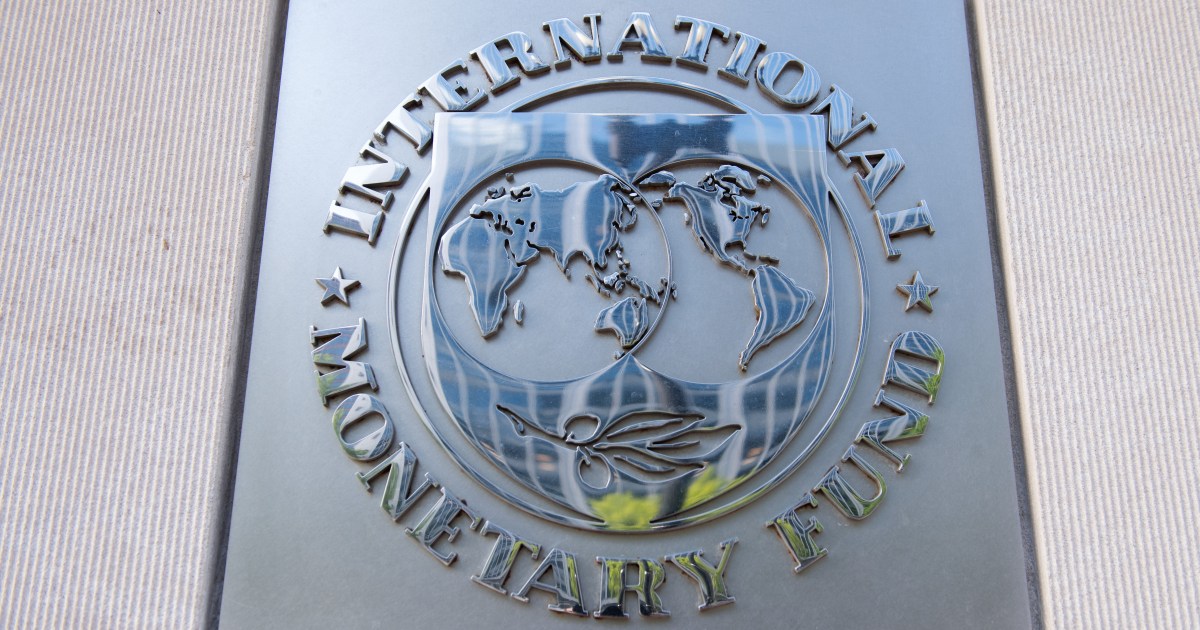The International Monetary Fund announced that Egypt has requested support from the Fund to implement a comprehensive economic program, adding in a statement that the continuity of the exchange rate flexibility will be necessary to absorb external shocks.
On Wednesday, the IMF said it was working closely with the Egyptian authorities to prepare to discuss the program, with the aim of supporting sustainable, job-rich
and inclusive growth.
The fund said that Egypt, which has been hit hard by the high prices of basic commodities, will apply to it for a new loan.
The head of the IMF mission to Egypt, Celine Allar, added in a statement that the rapid change in the global environment and the impact of the repercussions associated with the war in Ukraine pose important challenges to countries around the world, including Egypt.
In her statement, Allar said that taking a set of measures at the level of macroeconomic and structural policies would contribute to alleviating the impact of this shock on the Egyptian economy.
Comprehensive economic reform plans in Egypt
For its part, the Egyptian government announced yesterday, Wednesday, the start of consultations with the International Monetary Fund on a new program that may include additional financing to support comprehensive economic reform plans.
The government said in a statement: In light of the current developments, Egypt submitted a request to the International Monetary Fund to start consultations between the two parties regarding a new program.
She added that the global economy, especially emerging economies, is exposed to simultaneous external shocks.
These shocks are represented by an unprecedented rise in the prices of goods and services, according to the statement.
She also drew attention to the significant negative economic repercussions of the Russian-Ukrainian crisis (since last February 24).
Egypt is the largest importer of wheat in the world, and 60% of its imports come from Russia and Ukraine, and it is currently facing waves of price hikes.
The Egyptian government said that the priorities of the current stage are the rapid adoption of various policies and measures that guarantee the stability of the country's economic and financial conditions, and work on the availability of basic commodities for citizens.
She referred to the implementation of an integrated financial package of measures and procedures aimed at providing adequate support to the economic sectors and groups most affected by concurrent external shocks.
Egypt approves a package of measures to mitigate the effects of the crisis on citizens
And last Monday, the Egyptian government approved a broad package of measures to mitigate the effects of the crisis on its citizens, including allocating about $7.2 billion for social protection, early disbursement of a previously scheduled increase in employee salaries, and tax exemptions.
A move that analysts said was apparently aimed at winning support from the International Monetary Fund.
Egypt also reduced the exchange rate of the currency (the pound) to exceed the dollar price of 18 pounds, after it was stable near 15.50 pounds for more than a year.
Egypt has resorted to the International Monetary Fund 3 times in the past few years, as:
It borrowed $12 billion under the Extended Fund Facility in November 2016.
and $2.8 billion under the Rapid Financing Instrument agreement in May 2020.
and $5.2 billion under the SBA in June 2020.

